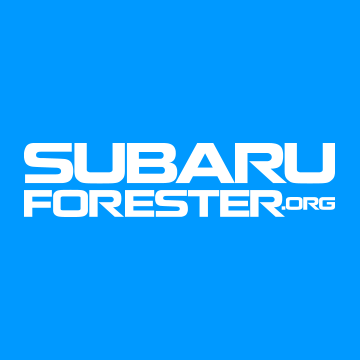According to this article, Subaru (along with Nissan and others) have created proprietary software that independent repair shops must purchase in order to perform all but the most routine repairs and maintenance....
While I have not encountered this yet, I also have not have any work done on my 2023 other than oil and filter changes. It does, however, seem consistent with Subaru's stand on the Massachusetts right to repair law, to which their response has been to disable Starlink for those of us with cars registered in Mass...
Link to article:

 www.dailydot.com
Anyone experience this?
www.dailydot.com
Anyone experience this?
While I have not encountered this yet, I also have not have any work done on my 2023 other than oil and filter changes. It does, however, seem consistent with Subaru's stand on the Massachusetts right to repair law, to which their response has been to disable Starlink for those of us with cars registered in Mass...
Link to article:

'Chrysler started it, Subaru followed': Nissan driver takes her car in. But the mechanic says he’s not allowed to work on it
'I wouldn't have bought this car.'





